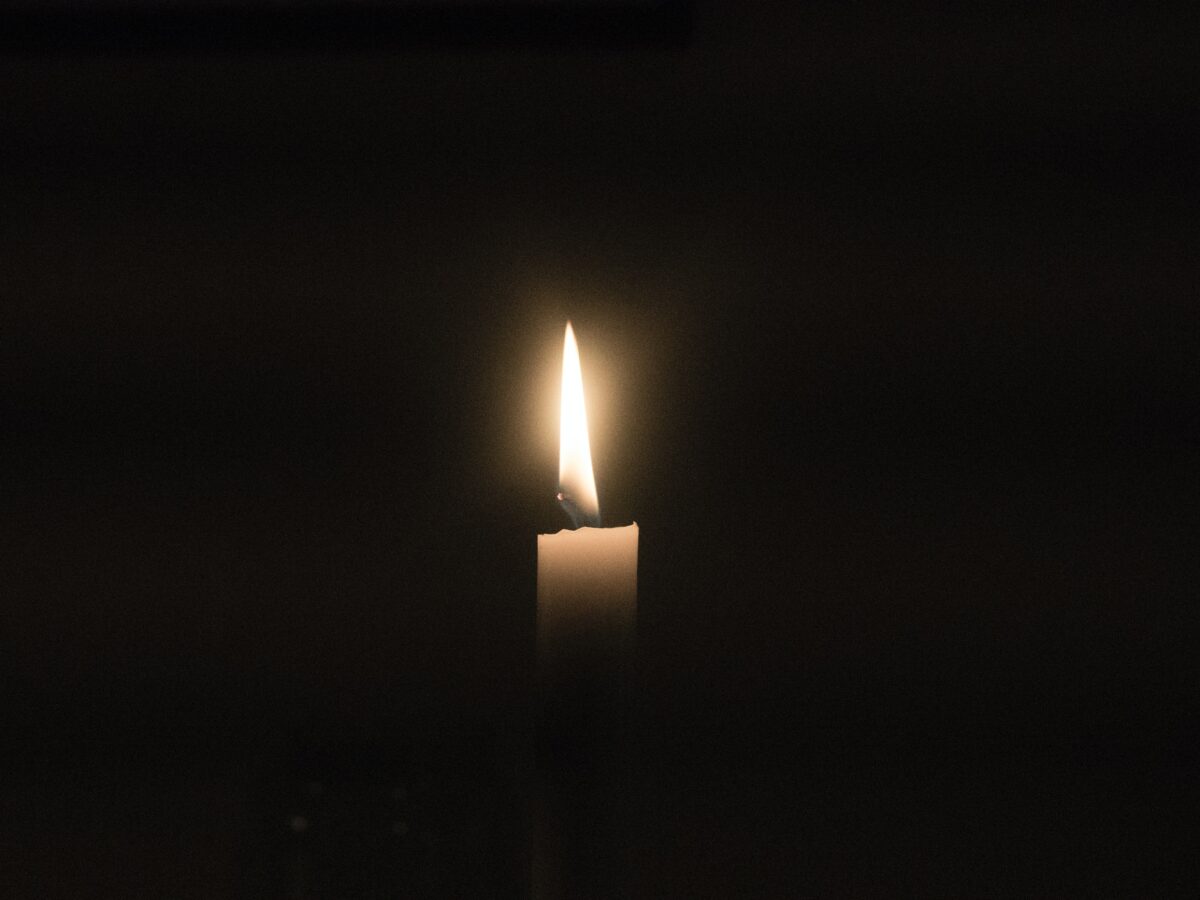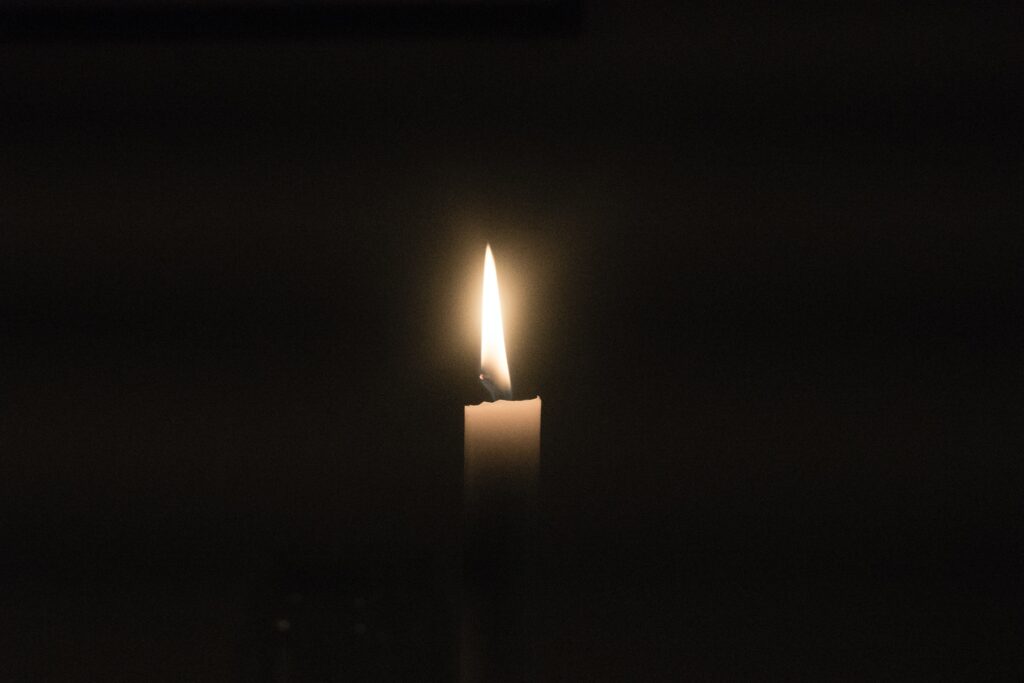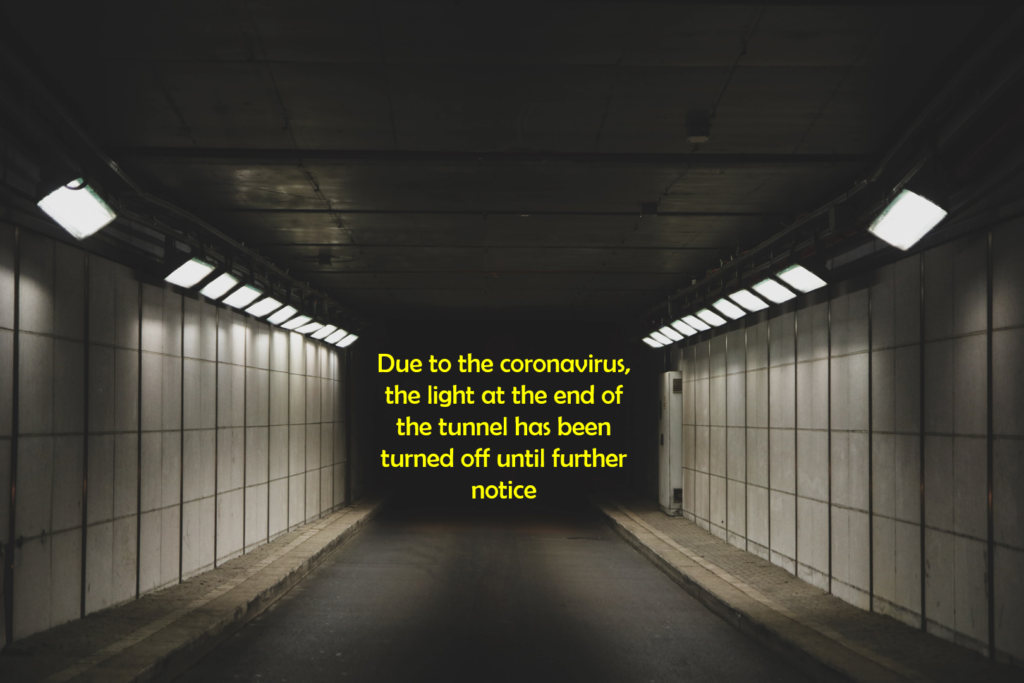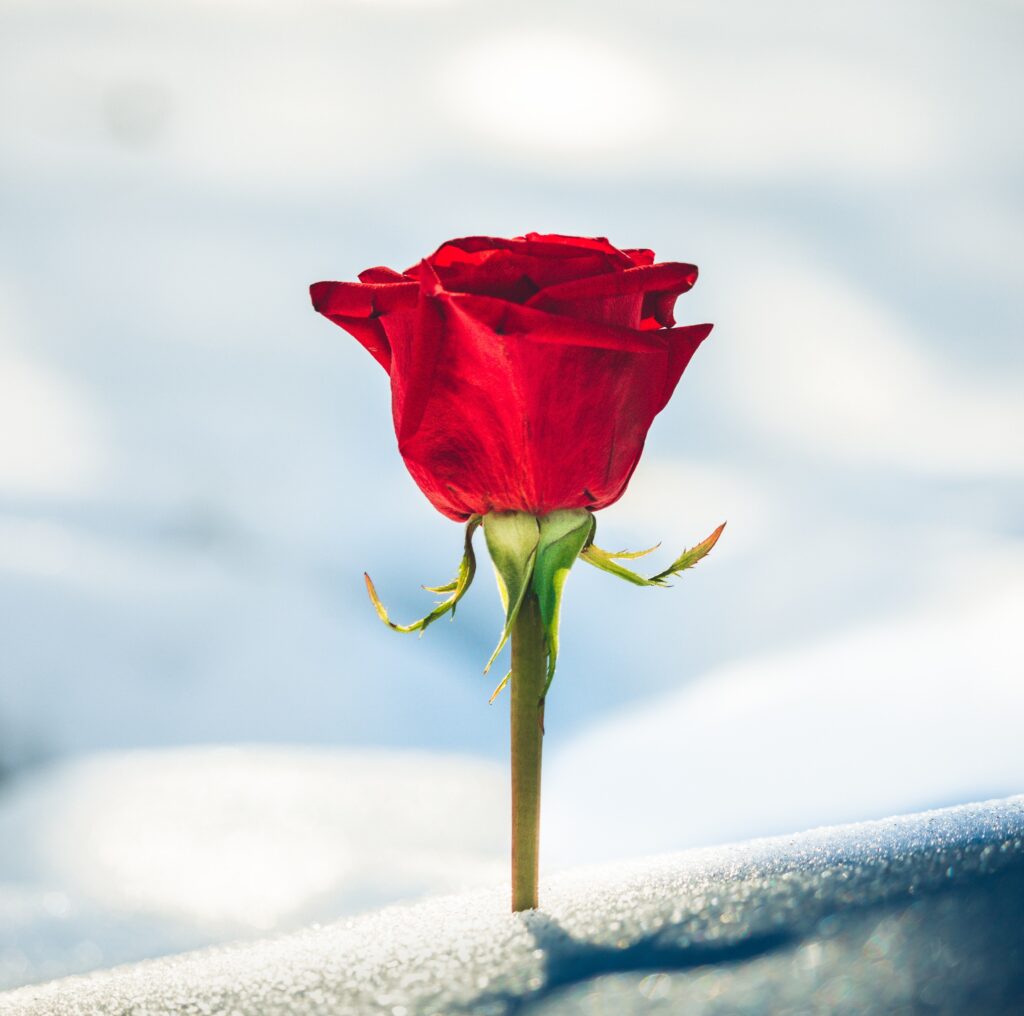Abstract hope springs eternal


Back in March last year, when the corona crisis started, I didn’t hope that it would be over soon – I expected it to be over soon. As time went on and the seriousness of the situation became apparent, my expectations subsided into hope – or rather, a string of hopes. The hope that the schools would soon reopen. The hope that we could celebrate my father’s 70th birthday together. The hope that a vaccine would be developed. The hope that a vaccine would quickly return our lives to normal. The hope – once the schools had reopened – that they would never close again.
Save one, all of these hopes were dashed. And now, I am finding it very hard to frame any sort of hope. Hope that the schools may reopen in the near future seems in vain given both a worrying new strain of the virus that is reported by some to affect children more, and the Dutch government’s frank admission that they use school closures as a way of forcing parents to stay home. Hope for a family visit or holiday abroad seems foolish, given that every single country in the world has been given a negative travel advice by the Dutch government. Hope of returning to the office is continually crushed by the repetition of the message that we must stay home. And hope that the vaccine will soon free us is a candle flame that is guttering under the deluge of reports of impending delays, mismanaged distribution and low levels of willingness to be vaccinated. As each hope is dispelled, small points of light snuffed one by one, so despair creeps ever closer.

At this time, I am reminded of a quote from one of my favourite books, spoken to a despairing leader in a time of great crisis: ‘You narrow hope when you define it’. If every specific hope I have is immediately countered by rational thought, past experience and pessimistic experts, then the only solution is to hope in the abstract. I don’t know how things can get better, I just hope that they will. Not, ‘I hope that…’, but simply, ‘I hope’. This sort of hope borders on faith, and it can never be extinguished.
Abstract hope may seem like wishy-washy, mumbo-jumbo, irrational nonsense. However, I would turn that around. Given how limited our individual knowledge of the world is, isn’t it actually irrational – not to mention the height of arrogance – to insist that there can be no reason to hope unless we can conceive of it ourselves? Or that we are capable of correctly judging the viability of a given hope? As I’ve mentioned in previous posts, there are plenty of examples in history of times when the outlook seemed bleak. When people must have despaired of things ever getting better. The Second World War, the Great Depression, the 1918 flu pandemic, the tragic early days of AIDS. Yet, in each case, the vast majority of the people who experienced these terrible times made it out the other side, to take up a normal life once more. So, on balance, the rational assumption is that we will come through, we just don’t know how yet.
A definite reason to hope is always preferable, as it gives us progress that we can track, and maybe even a solution that we can contribute to ourselves. But in the absence of a clear path to a better future, abstract hope is not a self-delusion, but a simple acknowledgement that the possibilities of the world are greater than our ken. And that hope, no matter how abstract, is a far surer investment in a good outcome than despair.
“When the night has been too lonely
The Rose, Amanda McBroom
And the road has been too long
…
Just remember in the winter
Far beneath the bitter snows
Lies the seed that with the sun’s love
In the spring becomes the rose”
